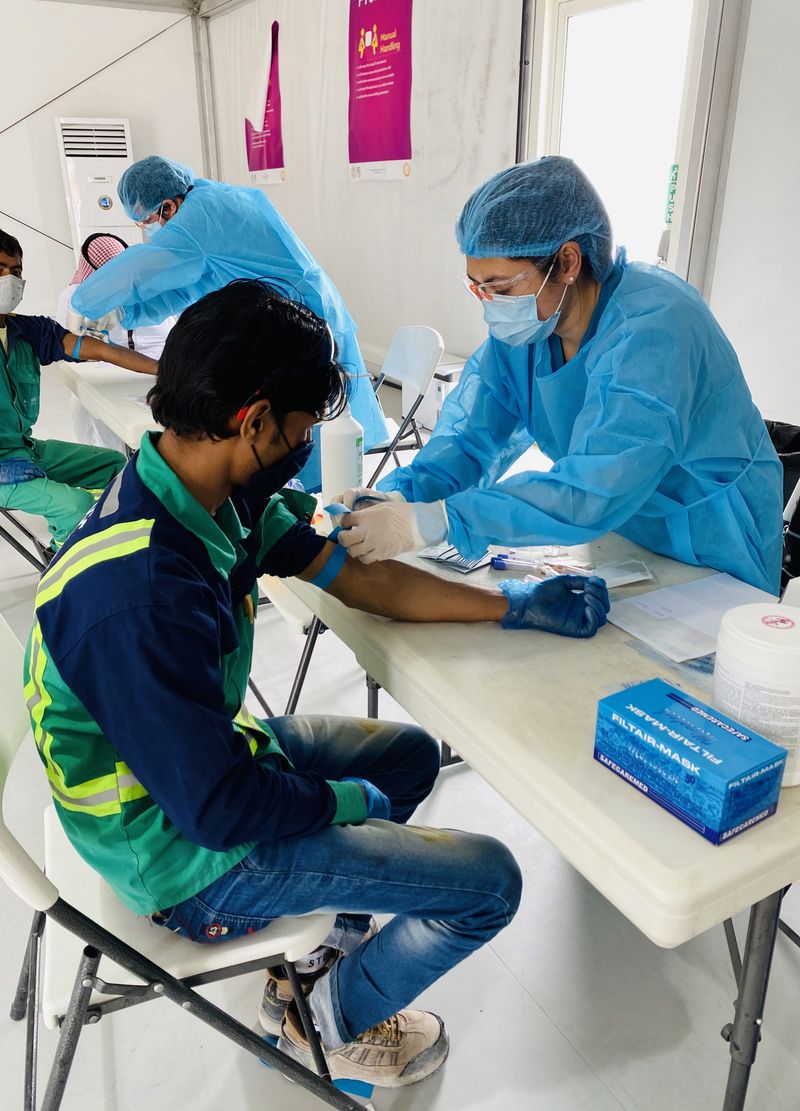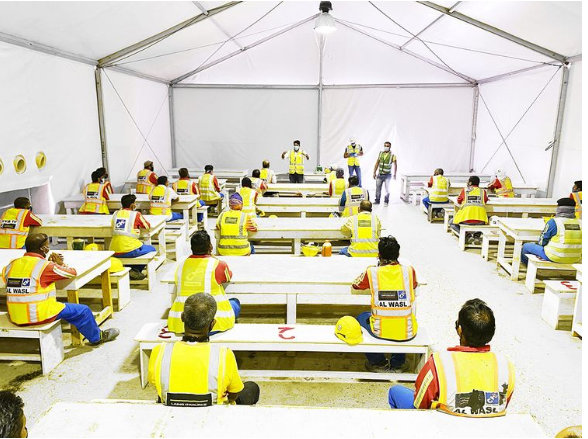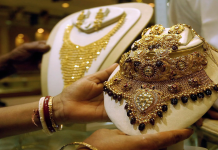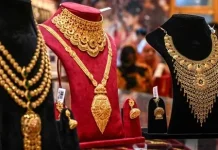Expert analysis will form recommendations for new industry approach
DUBAI: Expo 2020 Dubai’s Worker Wellness Programme recently completed its first phase. It aims to measure workers’ health and well-being using wearable wellness technology.
The first phase ran for 30 months from October 2017, using Whoop wearable wrist-strap wellness devices for round-the-clock measuring of construction workers’ well-being on the Expo 2020 site. A total of 5,540 workers participated in the programme on a voluntary basis. The programme forms part of Expo 2020’s wider approach to worker welfare and health and safety.
Rashid Mohammed, Deputy Chief Operations Officer, Expo 2020, said: “We haven’t come across any other project that tracks human physiology at this scale. The data gathered will form part of the legacy that Expo 2020 leaves the world.”
Data collection
The Whoop devices collected data measurements on effort, sleep and recovery. Factors such as heart rate variability, resting heart rate, and sleep autodetection were collated, with custom reports then built to show workers their data in a weekly summary. During the course of the programme, 153,785 worker progress reports were issued to participants.
In tandem, medical experts carried out 1,467 preventive screenings for workers whose reports highlighted any potential underlying condition, with appropriate treatment given to those found to have a health issue.
Will Ahmed, Founder and CEO, Whoop, said: “Construction is one of the biggest sectors in the world, yet from a health monitoring standpoint these sites are being developed in the same way as 200 years ago. By using Whoop technology, we can understand what it will take to prevent injuries and to make a workforce healthier.”

More than 13 terabytes of data have been collected via the wellness wearable devices, and this information is forming the basis for research by the University of Sharjah. The research focuses on cardiovascular health and sleep disorders, aiming to ensure the well-being of construction workforces at future major construction sites and mega-events.
Toufik Refki, Director, Worker Wellness Programme, Expo 2020 Dubai, said: “Our construction workers are the lifeblood of Expo 2020, and their safety and welfare are overriding priorities for us. Through this programme, we are able to shed more light on the health habits, routines and needs of construction workers and help create a safer workplace for them.”
Adapting technology
The technology was developed by Expo 2020 in collaboration with American fitness tech company Whoop. The wellness wearable ‘Whoop Straps’, regularly used by athletes around the world, have been adapted to the needs of construction workers — with a bespoke charging/synching system devised to collect data daily during their lunch breaks, and printed reports provided to all participants.
Pintu Ramlal, a mason at Expo 2020 Dubai and a volunteer in phase one of the project, said: “Ever since I started using the Whoop Strap, I noticed a lot of benefits. I check my reports every week and I often speak to the health advisers to help me action the reports’ recommendations.”
The academic findings of the Worker Wellness Programme’s first phase are due to be released later this year. A second phase will begin 2021, using wellness wearable technology to monitor the health and well-being of workers during the six months of Expo 2020, which runs from October 1, 2021 to March 31, 2022.




